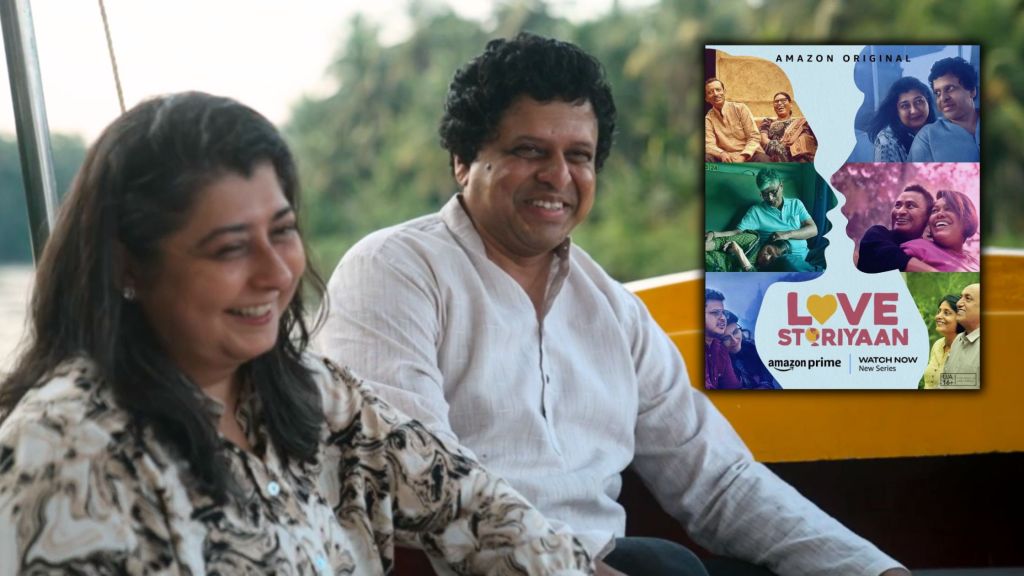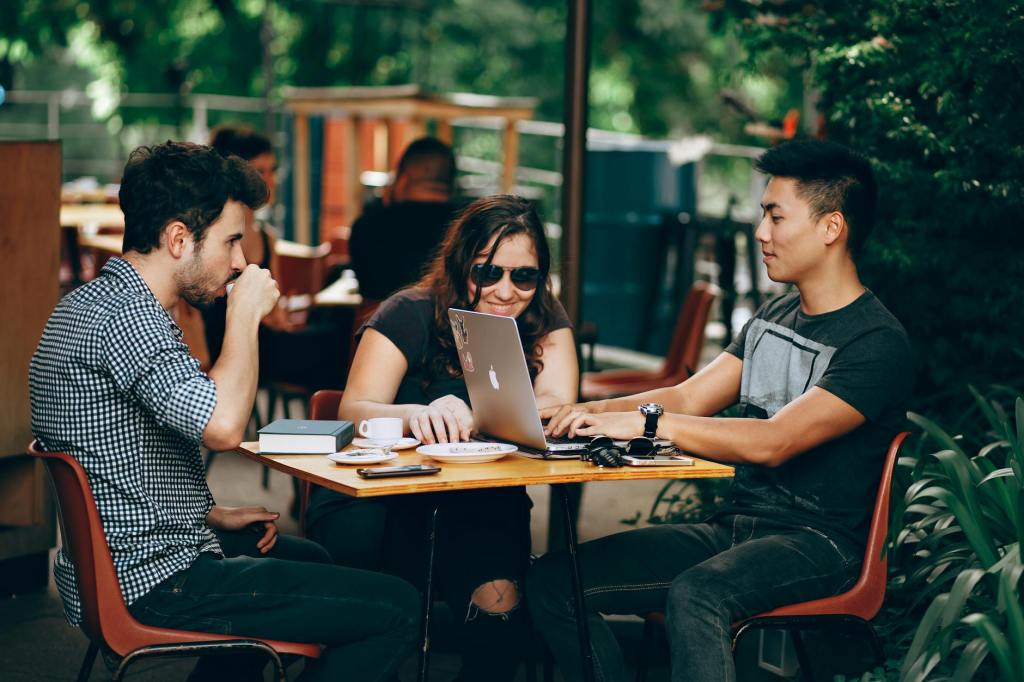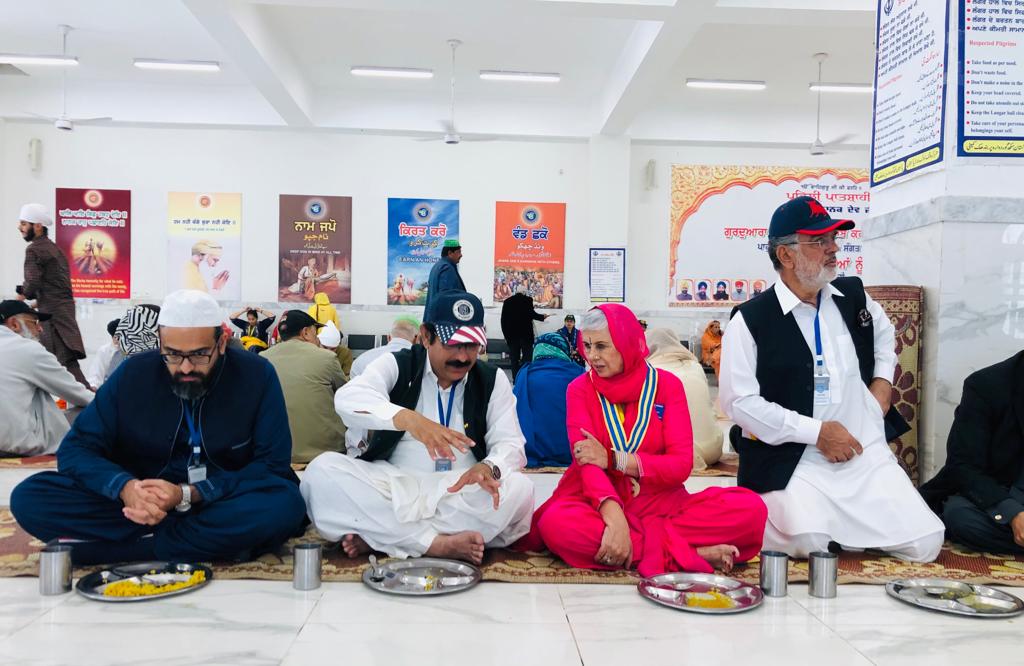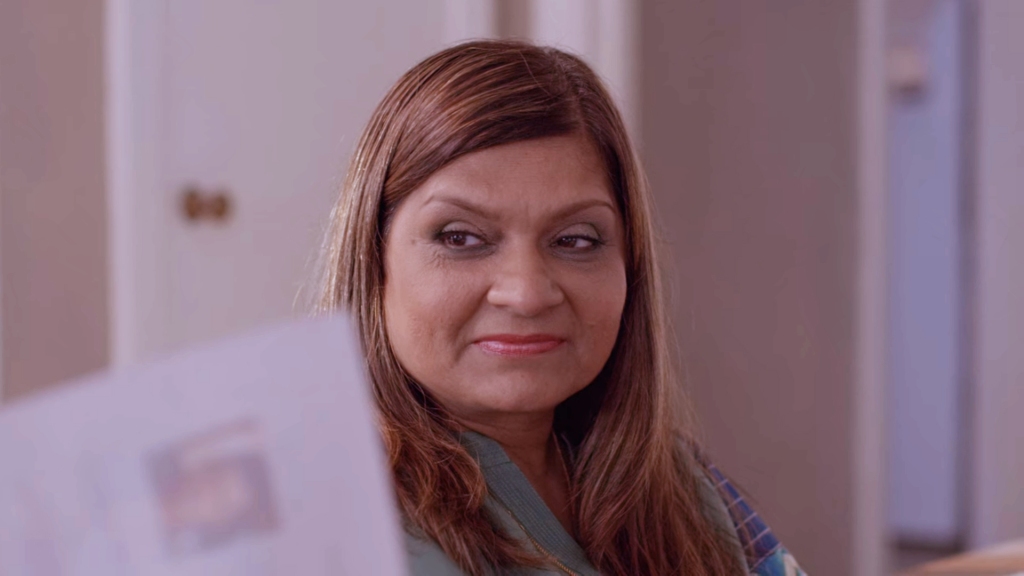That she is media-shy is apparent by the dearth of information about her on the Internet. Of course, you will find thousands of links to articles and news about her husband of eight years, Union Minister of State for Communications and Information Technology, Sachin Pilot; and thousands more about her father, Union Cabinet Minister and former chief minister of Jammu and Kashmir, Farooq Abdullah, and her outspoken brother, the current Chief Minister of Jammu & Kashmir, Omar Abdullah. But Sara Pilot, with her pretty face, slender frame and kind eyes, is the unseen link, a mystery woman who has managed to stay away from the limelight despite her families, despite even her youth, good looks and the sincerity in her voice when she begins to talk about her work.
In fact, that work is the only reason she even features anywhere in the public eye – the Centre for Equity and Inclusion (CEQUIN), an NGO that she started along with her partner Lora Prabhu in 2008, started as a way to empower the marginalised and ended up growing to scales Sara and Lora now struggle to keep up with. “Our gender resource centre in Jamia, Delhi, now reaches out to 10,000 households as a safe space for women from minorities to educate themselves, learn new skills and share their burdens,” says Sara as we meet her over coffee on a chilly Delhi morning at her central Delhi home. It’s foggy outside and the minister’s wife is freezing in barely a shawl for warmth. “I’m such a fraud Kashmiri,” she jokes, “I’m always cold.”
But the cold hasn’t stopped Sara from working toward and coordinating the Jamia Bazaar to be held at the India Islamic Centre for a few days in February, bringing together self-help groups from CEQUIN along with other NGOs and independent women entrepreneurs. “At our Jamia centre, these women learn skills of sewing and embroidery, but it’s only when they come face to face with the final buyer – women like you and me – that they become more confident and pick up the nuances of the marketplace,” she explains. “Competition is good in that sense. Even if they don’t make a sale, they learn a lot and become better equipped for the future.”
Along with teaching women vocational skills, CEQUIN has also launched a campaign, featuring cricketer Virender Sehwag, against the harassment of women in public spaces. “Domestic violence is being tackled by other organisations,” says Sara, “and we felt that it is time for men and boys to take equal responsibility for violence and harassment of women in public places. It was time to make them stakeholders in creating a social environment that is more respectful towards women.” A mother of two sons – four-year-old Aaran and two-year-old Vehan – Sara feels that changing mindsets is even more important than changing laws. “We’ve made a 35-minute DVD for teenagers, Seema aur Salim ki Diary, which talks about gender stereotyping, so that equality is ingrained subliminally in these youngsters.” To make sure she ‘walked her own talk’, Sara bought a pink tea set and a doll for Aaran when he was just a few months old. “Of course, he wants the cars and guy games now, but I did my best,” she grins.
Sara is also enthusiastic about the relatively new cause her NGO has taken up – that of empowering women through sport. “If you’re poor, you have it bad. If you’re a poor woman, you have it worse. And if you’re a poor woman from a minority community, then you have it worst of all. Muslim girls from backward communities just don’t have opportunities for physical development and the kind of leadership and social skills one can learn from sport,” says Sara. “The eldest daughter is lucky if she gets to school. And playing in the park? It’s just not happening.” CEQUIN brought together 60 girls to play soccer at the Jamia Millia University’s sports grounds last July (“They gave us a 1.30 – 3 pm slot because the boys didn’t want to play then”) and the astounding change it has brought about in their lives has triggered a nationwide project. “Studies in Jharkhand have, in fact, shown a correlation between girls who play football and delayed marriage,” she says. “It may seem as if they are just kicking a ball out there in the sun, but what sport actually does is give these girls a voice.”
Giving women a voice and a personal identity has long been Sara’s pet cause. After her masters in international relations from the University of Kent, Sara worked in gender budgeting at UNIFEM for three and a half years, where she met Lora. Fortuitously, they both went on maternity leave at the same time, which is when the idea for CEQUIN materialised. “I’d never be satisfied working in an office on a computer. It’s so much more rewarding to be out there, physically connecting with people, seeing their struggles firsthand and doing something tangible to make a difference in their lives,” she says. Operating under the aegis of the Jai Jawan Jai Kissan Trust, founded by the late parliamentarian Rajesh Pilot, and Sara’s father-in-law, Sara admits her political and familial connections have come in handy. “We didn’t have to struggle with the basic infrastructure and office space when we set up our NGO, and my religion did open doors when it came to convincing the Muslim community to allow their daughters and wives to come study new skills with us,” she says. “It all begins with baby steps; you have to understand their beliefs and concerns.”
Sara herself cannot be accused of cultural intolerance – her father is a Muslim Kashmiri, her mother an Englishwoman, and her husband a Hindu from Rajasthan. “We celebrate all festivals,” she laughs. The youngest of four siblings, Sara is very close to her brother Omar and two sisters, both of whom are married with two kids each. “There’s always something to celebrate in our family. It’s great that our children can grow up in this kind of multi-cultural environment.” Brought up in the fresh air of the Valley, Sara loves skiing, horse riding and anything to do with the outdoors. “I go to Kashmir three to four times a year but it’s just not enough.”
Towering above her visitors, the tall, lanky thirty-something hugs her black shawl to herself as she speaks, her face brightening up when she explains something about CEQUIN, a twinkle lighting up her eyes when she divulges something about her kids. There are things she won’t talk about, such as politics or how her husband proposed to her. But sitting in her modest churidaar-kurta, posing self-consciously for the camera, Sara – looking both vulnerable and strong – manages to say just enough.

First published in Atelier magazine









Leave a comment